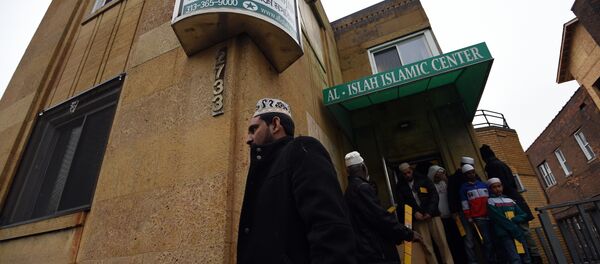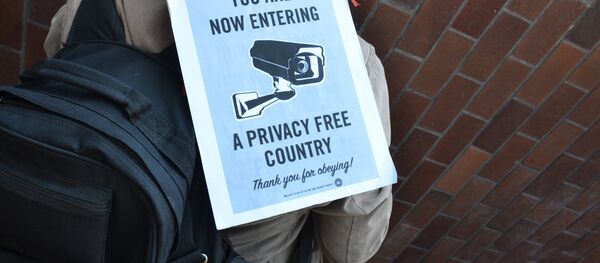The leak was discovered by security researcher Chris Vickery, who told reporters that the database is still online even after he notified Thomson-Reuters of the breach. He said, "As far as I know, the original location of the leak is still exposed to the public internet. Thomson Reuters is working feverishly to get it secured."
World-Check combines record from hundreds of crime, terror and watch lists into an easy-to-use format. It is meant to be used as "an early warning system for hidden risk." There have been doubts about World-Check’s methodology along with claims of prejudice. Privacy International, an organization that advocates for online privacy wrote on their website that predicitve policing is a gamble with people's rights:
"The data that is input into the systems is supposedly neutral but is actually full of bias, relying on entrenched selection biases for base-line data of where crimes 'usually' occur to focus the algorithm on particular profiles and areas – in the US, usually young, poor, and black." The group also said that the predictive policing in general is a "blatant violation of the US Constitutional right to be ‘secure in their persons, houses, papers, and effects, against unreasonable searches and seizures."
World-Check is subscription based and not open to the public, so people who are listed in the database may not even be aware of it. The database has a secrecy clause, so if a person were to have their bank account closed because of their profile on World-Check, neither the bank nor the database would be legally bound to notify the person why the account was canceled.
In February this year it was discovered that several highly regarded activists were listed as "heightened-risk individuals", such as Nihad Awad, Executive Director of the Council of American-Islamic Relations, who called the database "inaccurate, bigoted garbage." He said that there’s no telling how many people have been affected undeservedly because of World-Check. "You can imagine how many innocent individuals and organizations have suffered at the hands of World-Check and similar entities with no recourse."
UK Political advisor Maajid Nawaz, founder of the counter-extremist think tank Quilliam is also included. He pointed out that "I have consulted to every UK Prime Minister from Tony Blair onwards on how our society can best address Islamist extremism," and said, "If true, compiling lists of ‘undesirable individuals’ by name, especially if such lists are not open to public scrutiny or regular updating, is a terrible move to adopt by any organization."




